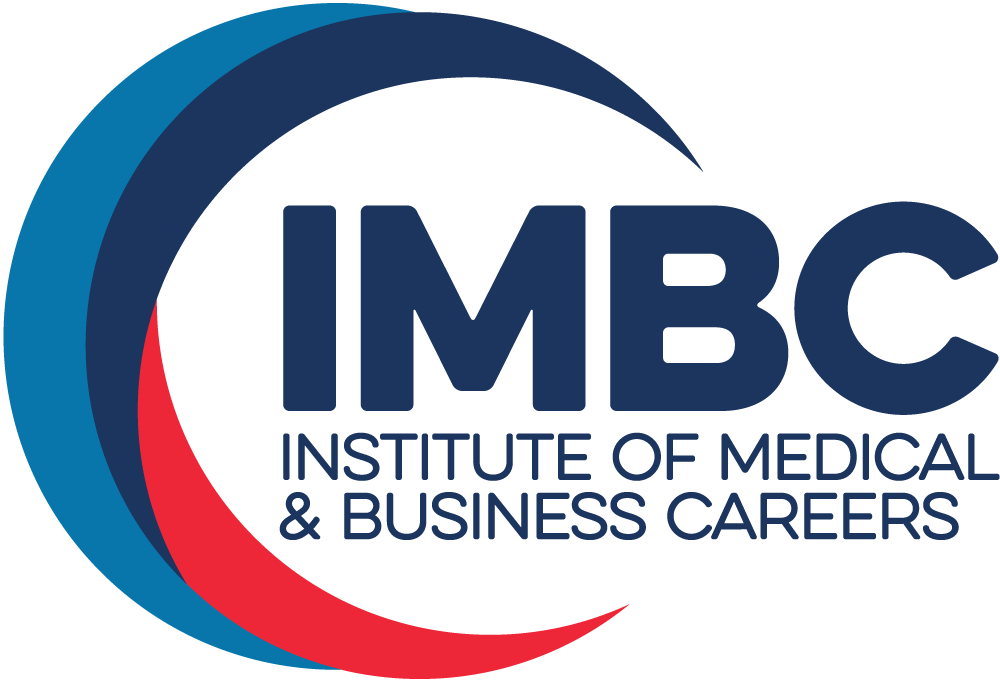
You finally realized that good healthcare jobs do not always come knocking at your door. You’ve got to work hard to find these opportunities, especially the healthcare jobs that become part of careers – giving you a path for promotion, growth, and long-term job stability. But just how do you move from working minimum wage gigs to landing the dream job in healthcare?
It’s with EDUCATION!
Education is the ultimate leveler of all playing fields. Getting your credentials, training, and certifications give you a leg up on those that don’t have these qualifications. This education can also reduce the need for prior work experience when applying for an entry-level job in healthcare.
It does not matter if it has been a few years since you have been in a classroom either. With today’s options for online learning, age doesn’t matter. In fact, location, background, and financial means do not matter either. Get online and earn your degree in healthcare today! But, before you do so, there are three things you need to consider. Keep reading to learn more about how to pick the right online degree.
Step 1 – Identify your Interests & Passions
Okay, so watching college basketball or reality love shows might be a passion of yours, but let’s drill down to what really affects your career and future. What types of things are you good at? What do you enjoy doing? Let’s do some “or” tests to find out.
Do you like computers or do you avoid technology?
Do you like fixing things or do you always run from challenges?
Do you like being around people with diverse backgrounds or would you rather be alone?
Do you like numbers, working with money, and basic math, or do you avoid these things at all costs?
Do you like blood, guts, and gore, or are you more of a “look the other way” type of person when getting a shot?
You see, as you zero in on your interests and passions, you can start to match them up with different healthcare programs. For example, if you are comfortable with a computer, you might do well in an office where your daily tasks include typing, emailing, appointment setting, data entry, billing, and reporting. These are all functions of people who work in the healthcare industry in office administration!
As a medical biller, you’ll work in a healthcare office, typically at a desk with a computer. You will be responsible for working with medical records and submitting invoices to insurers and patients for payment and reimbursement.
As a medical office administrator, you’ll be responsible for a wide variety of tasks in a healthcare office, from checking in patients, to speaking with patients and insurance companies on the phone.
As a medical records technician, you’ll typically work behind the scenes in a healthcare practice or hospital, helping organize, retrieve, and manage healthcare records to ensure patients receive proper treatment.

Step 2 – Determine the Environment that Suits you Best
Now that you are aware of your top skills and interests, you should also start thinking about the type of place and work environment you would prefer. It’s okay if you are unsure. For some of us, it takes a few jobs and a few employers before we really find our calling. But, you can get a head start at finding that dream job and career path if you already know the elements of work that make you happy.
Do you want to work a normal shift during the week, like from 9:00 a.m. to 5:00 p.m. or would you prefer a more flexible schedule that might include some weekends and evenings?
Do you want to work in a small office like an independent dental practice or a large facility like a hospital?
Do you want to work in a specific area of healthcare such as dental, elderly, children, physical therapy, a hospital, recovery, etc?
Do you want to work in the field, meaning you have to travel to several different locations, or would you prefer to stay at one office?
How will you commute to your new job? Will you need public transportation or will you drive, bike, or walk?
As you zero in on all these elements, rank them in importance from high to low. Then, as you evaluate employers and job opportunities, see which ones meet most of your important needs. Some degree paths trend toward large employers versus small employers, to urban areas or to rural areas. Though, in general, most healthcare degrees are applicable to a wide range of environments.

Step 3 – Market Research
Sometimes you may need to move a little bit or have some flexibility to score the dream job in healthcare. Are you willing to move to the other side of town so that you don’t have a 90-minute commute twice a day? Are you willing to move to another city to find a better job? Don’t fret this step. Opening doors for opportunities is about keeping an open mind. Visit job websites such as indeed.com, monster.com, careerbuilder.com, and ziprecruiter.com and type in the role you are seeking. Then, expand the search to include areas beyond your current location. What do you see? More opportunities or less? If you do not see many opportunities in your own town, it may be time to think bigger – looking at a nearby city or even somewhere that was not previously a town you would consider. Moving to a new town can be exciting, especially when starting a new job, so do not rule it out. Pay can also vary depending on your location. Larger cities tend to pay more, but the cost of living may also be higher. There may be fewer jobs in a rural area or suburb, but it may cost less to live there. These are all considerations you need to weigh before jumping in.
If you follow these three steps as part of your degree planning, you’ll have a better chance of entering a field that you truly enjoy AND that rewards you with good career opportunities and growth. Picking the right degree can be very intimidating… but working backward by identifying your strengths, employer preferences, and even job location can help you find the best degree to suit your interests.
